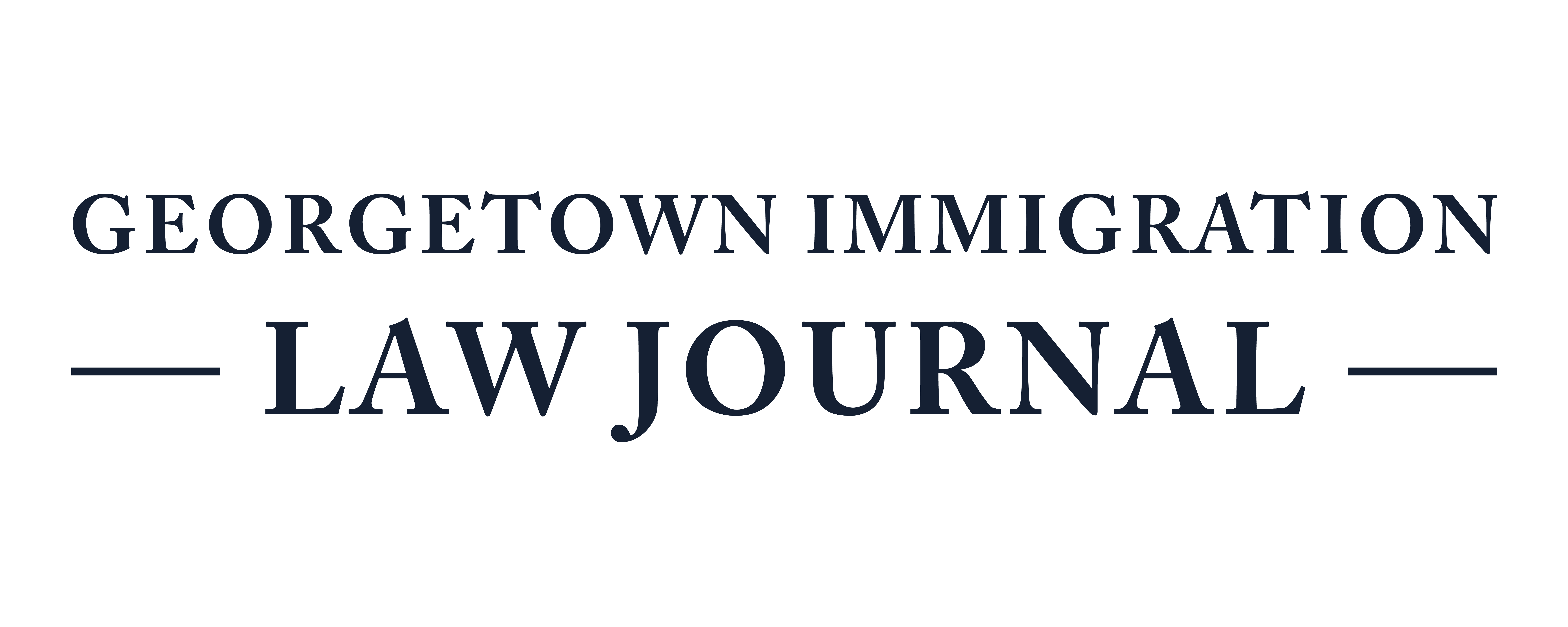No Notice, No Problem? Credible Testimony and the Need for Corroboration Notice in the Context of Saravia v. Attorney General
In Saravia v. Attorney General, a man who had entered the United States illegally was denied the ability to corroborate his credible testimony that he feared for his life after deportation, and his withholding of removal from the United States was denied by an Immigration Judge.1 Though his testimony was credible, the judge found in part that he had not provided corroborating testimony that would further prove his claim.2 By denying his application on the grounds of failure to corroborate his testimony, the Immigration Judge ignored possible implications of due process and decreased the feasibility of judicial review by limiting the applicant’s evidence on the record. On appeal, the U.S. Court of Appeals for the Third Circuit held that requiring Saravia to “provide further corroboration without telling him so and giving him the op-portunity either to supply that evidence or to explain why it was not available” would render their review “not meaningful.”3
Subscribe to GILJ

